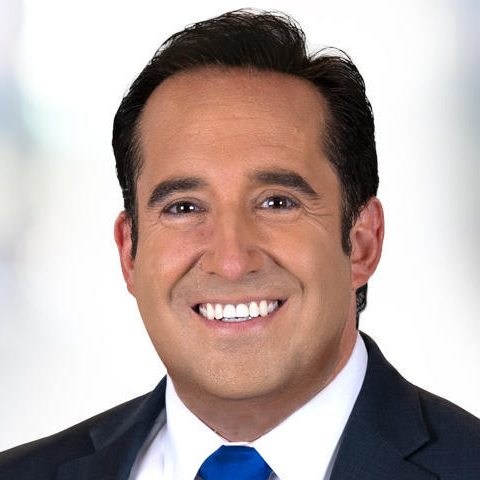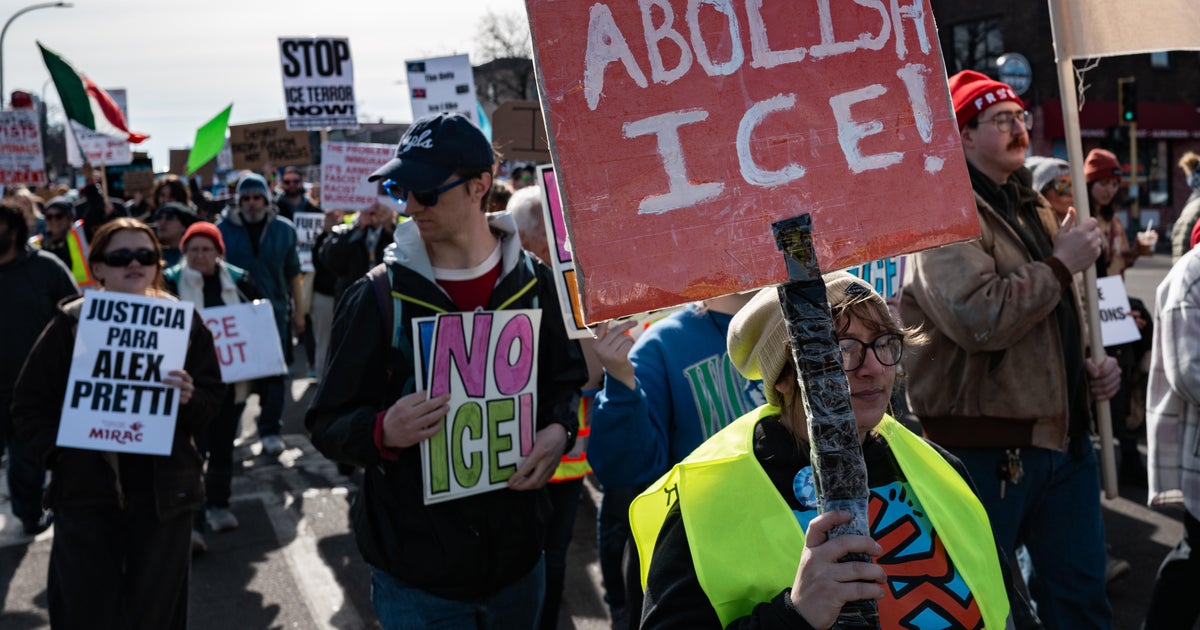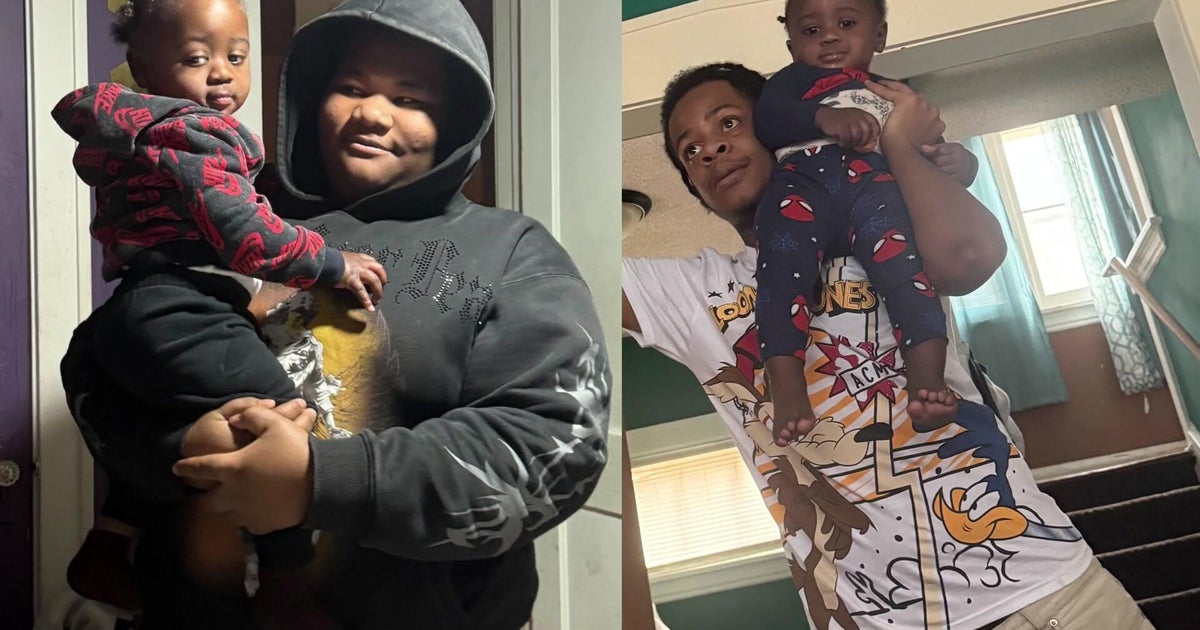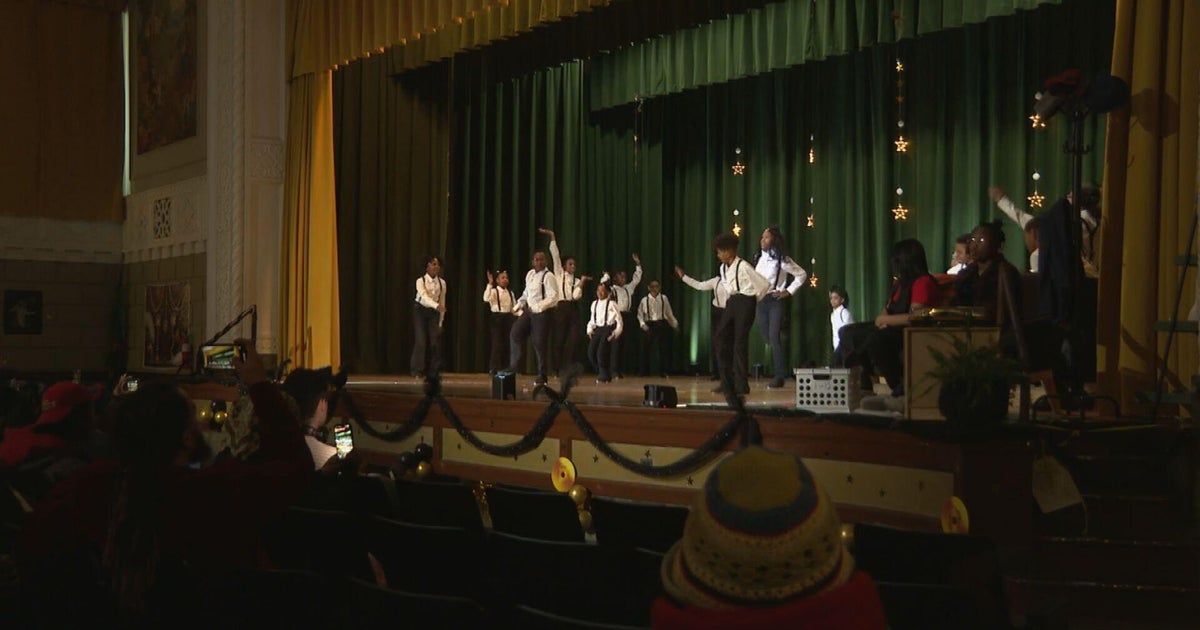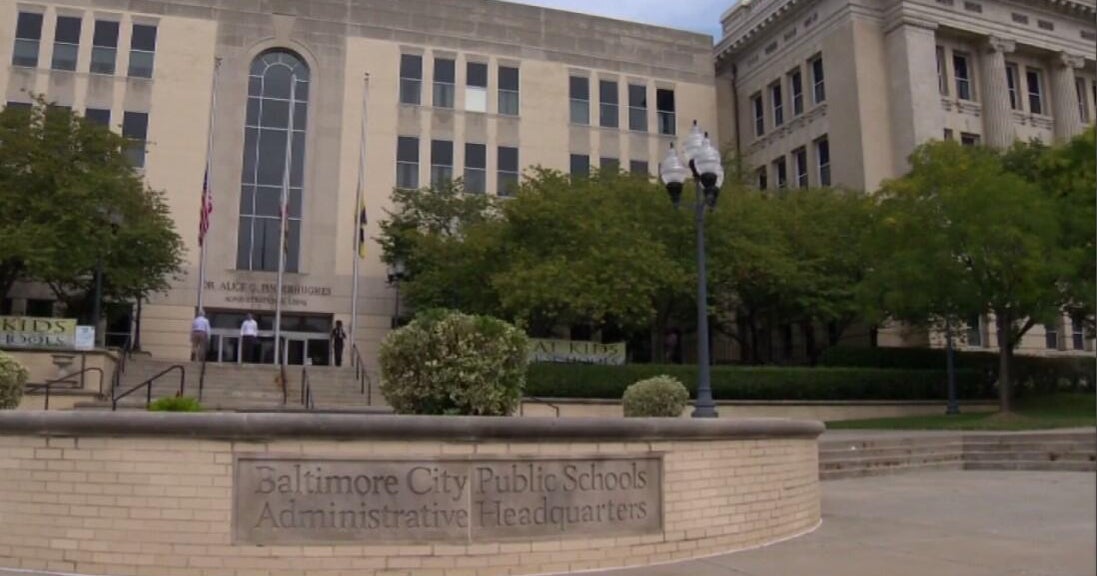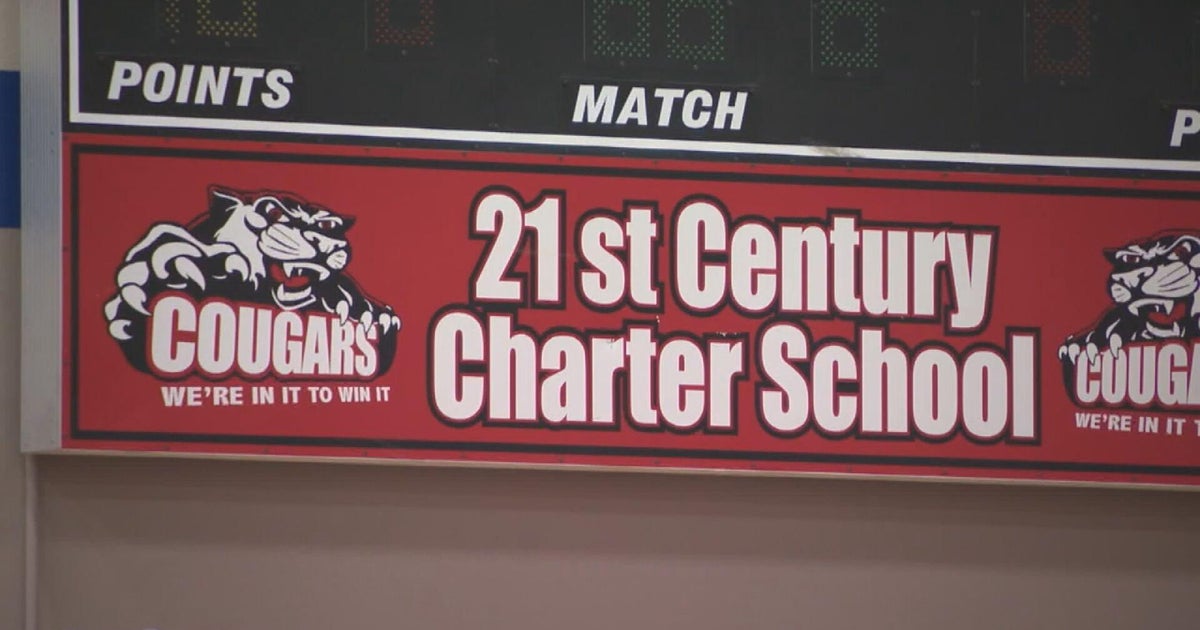Minneapolis Public Schools seeing better student retention, but there's still room for improvement
MINNEAPOLIS -- It's not like picking dinner off a menu —choosing your child's school is among a family's most important decisions. For Nikki Schafer, choosing Minneapolis Public Schools was a given because she and her husband went there too.
"I graduated from Minneapolis South and he graduated from Southwest," Schafer said. "We just thought the neighborhood we're in maybe he'll go to South or Roosevelt — those were the options. We thought, of course, he would graduate from Minneapolis Public Schools."
But soon they would consider other options after Schafer says MPS leadership changes and the inconsistency among some learning options led the family to look at charter schools, and the Cyber Village Academy turned out to be a much better fit.
MPS leaders tell WCCO the district did much better this summer in retaining its students, but that's a low bar considering just how many students have left over the past few years.
MORE NEWS: Gas prices in Minnesota predicted to see big spike over coming days
In summer 2021, enrollment at MPS surpassed 33,000. In 2022, that number dropped by more than 3,000. By 2023, it dropped again by another 900.
Digging deeper into the data, roughly two-thirds of students who left MPS between 2021 and 2022 were from minority communities.
As for where those students are going, Interim Superintendent Rochelle Cox thinks the drop reflects a greater trend of families relocating out of urban areas.
"I'll be honest right now, we're in competition with ourselves. That's the people that I'm focused on. I really want us to have the best district and people feel like MPS is their destination and not their default," Cox said. "Graduation rates are up, our enrollment is stabilizing. I think we'll see some nice growth happening."
For better or worse, there's plenty of room for growth. Newly released state assessments showed how MPS students, like those in nearly all districts, experienced learning loss since before the pandemic.
Cox said MPS this year is investing nearly $30 million to reverse that trend.
"This means in every school for a student who is not proficient, or not making growth, there will be a teacher and two associate educators who will provide small group instruction at a high dosage," Cox said.
That success, Cox says, will lead to more success in enrollment.
For Schafer, even if her family has moved on, she knows a better MPS is essential to a stronger Minneapolis.
